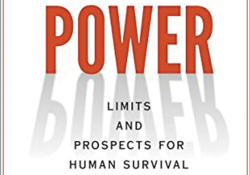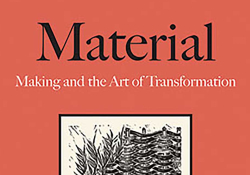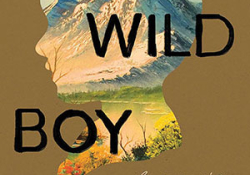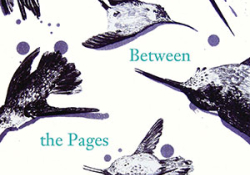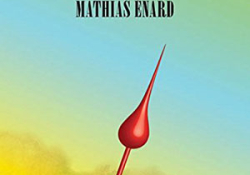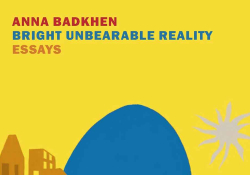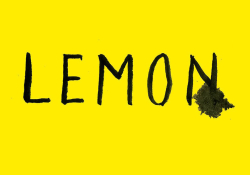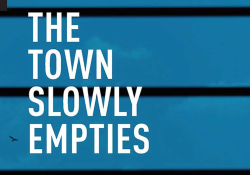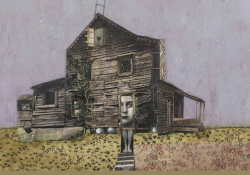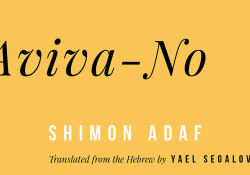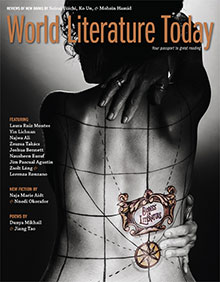Editor’s Pick: The Mountain and the Wall and The Vienna Melody
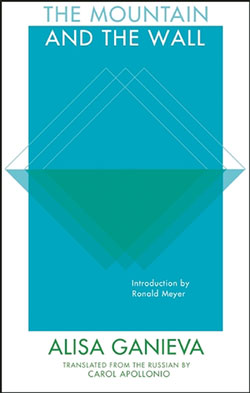
The Mountain and the Wall
By Alisa Ganieva
Deep Vellum

The Vienna Melody
By Ernst Lothar
Europa Editions
Alisa Ganieva’s The Mountain and the Wall (2015) is one of those novels that reminds us why reading world literature can be so compelling. Set in Dagestan, Ganieva’s story masterfully blends the ingredients of a society being torn apart by ideologies with all the little details that make the nonnative reader feel as if he or she has tasted the local cuisine from a family kitchen rather than a concept gastropub. It is a mass disaster novel as viewed through the eyes of young adults who mostly just want the freedom to dance, listen to music, and engage in courtship behavior, however clumsy. Her slow manipulation of language is effective as the novel opens—driven by matter-of-fact description, punctuated by the mindless and universal conversations that fuel late adolescence—but moves purposefully toward the novel’s apocalyptic conclusion with disjunct yet elegant descriptions of the depravity as it unfolds: “Splinters flew up in the gray, ashy air; oil paint formed bubbles and dripped down flaming canvases like tears.”
In contrast to the shocks and twists of Ganieva’s speculative apocalypse, Ernst Lothar’s The Vienna Melody derives its drama from the reader knowing all too well where this multigenerational story of one Viennese family’s experiences across the first half of the twentieth century will end. Of course, there are beautiful landmarks along the nightmarish journey as Lothar reminds us of all that was lost, for ill and well, in Austria’s rapid fall from empire to vassal state. The pace of the novel is never hurried even as the rate of social change begins to streak past the characters, most of whom struggle in vain to remain true to the ideals of their forbears. Despite its stately gait, there are plenty of family mysteries and outright stunning moments that unspool from within Lothar’s confident writing to keep the reader engaged up to the novel’s stirring end.
Both novels demonstrate the power and utility of these end-of-the-world narratives without inviting the reader to succumb to a sense of powerlessness. There is dignity to be mined from the struggles against the seemingly inevitable, and Ganieva’s book, in particular, reminds us that every civilization, every culture exists in the postapocalyptic landscape of the one proceeding. We are all the beneficiaries of the tragic failures of the past.
Rob Vollmar
Book Review Editor
